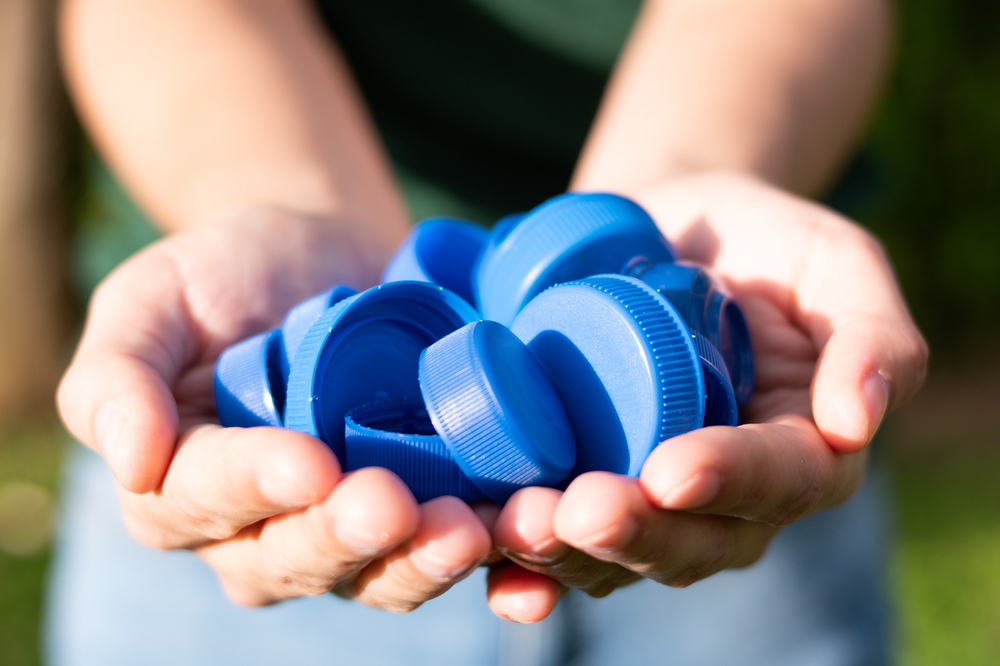Communities are where we consume most of our natural resources and generate significant amounts of waste. Circular economies aim to eliminate waste and continually reuse resources. This approach makes it possible to deliver on a range of societal, economic and environmental objectives while taking action on climate change. Circular economies prioritize thriving, resilient and liveable communities.
That’s why FCM jointly developed and launched the CCRI in 2020, along with the National Zero Waste Council, the Recycling Council of Alberta and RECYC-QUEBEC. Financial contributions were from FCM and the National Zero Waste Council. This one-year pilot project is a scaled-up, national version of the highly successful Circular Cities Project run by the Recycling Council of Alberta.
CCRI builds on the networks, expertise and capacity of its four partners to provide participating communities with the knowledge and tools they’ll need to begin moving toward a local, circular economy roadmap. The project has two key components:
-
A national webinar series: This is available to all Canadian municipalities and is designed to prompt conversations and share leading practices about innovative approaches to circular economies. The series features global thought leaders’ perspectives on circular economy strategy and policy design. The webinars are free and delivered in English with simultaneous French interpretation.
-
A Peer-to-Peer (P2P) network: The application-based P2P network will provide 15 selected communities with coaching, guidance and peer-to-peer exchanges as they develop local, sustainable circular economy roadmaps. An open call for applications went out in March 2021.
The direction, structure, and priorities within the local circular economy roadmaps will come directly from the communities. As part of the P2P network, communities will receive training from experts in the field and be able to share their experiences as they develop the roadmaps.
Circular economic strategies can be quite broad, so developing local and regional roadmaps is a helpful first step that narrows the scope and identifies opportunities for these communities. This bottom-up and local approach to circularity is also uncommon. Often, economic change happens through sweeping policy changes at a federal level. Not so for CCRI and its 15 member communities! We are excited to see where this approach will lead — including possibly a profile at the 2021 World Circular Economy Forum.



